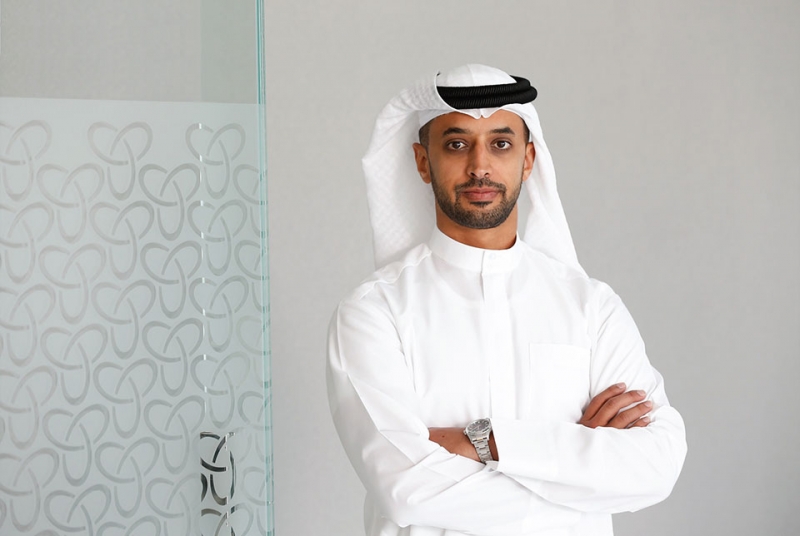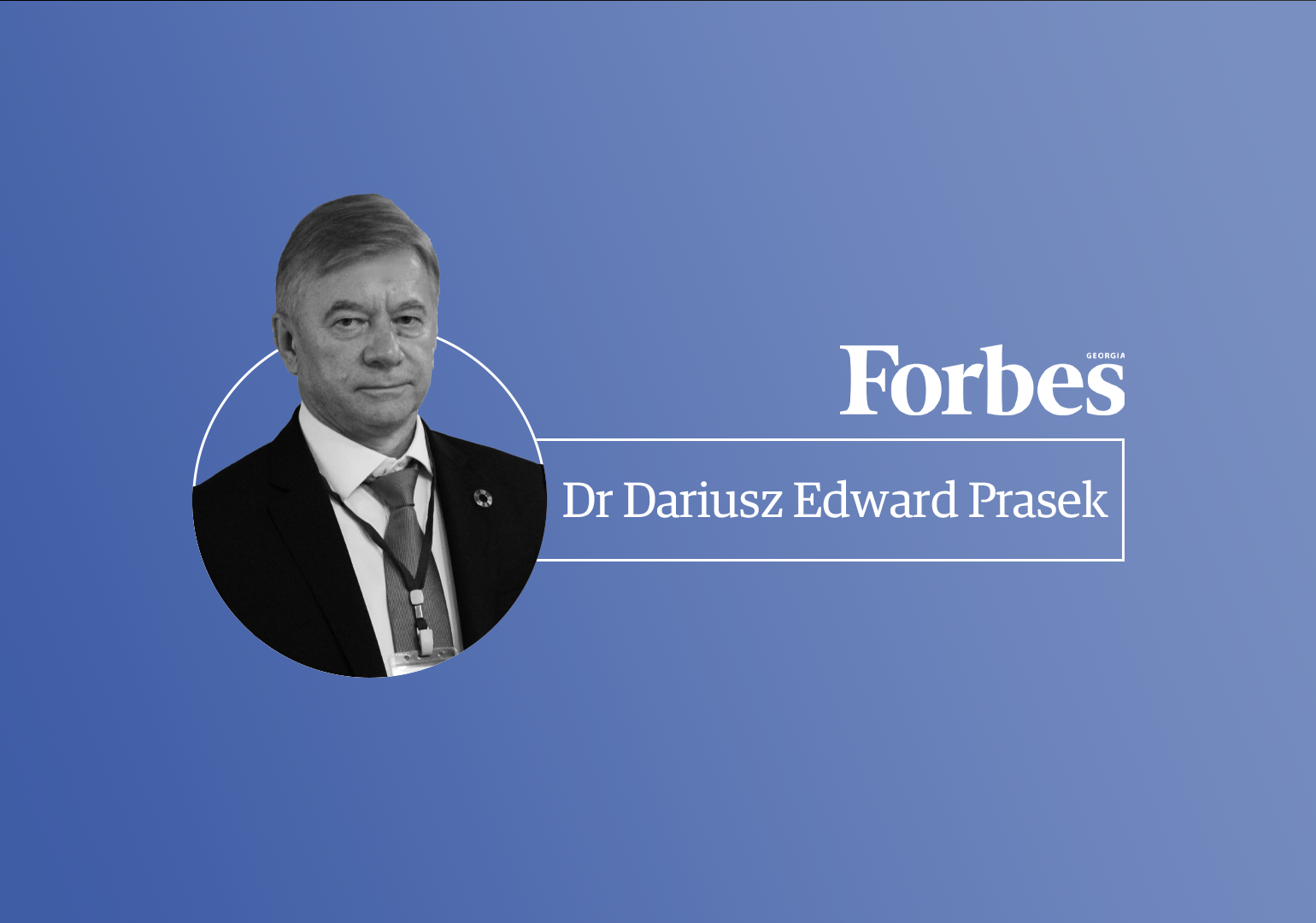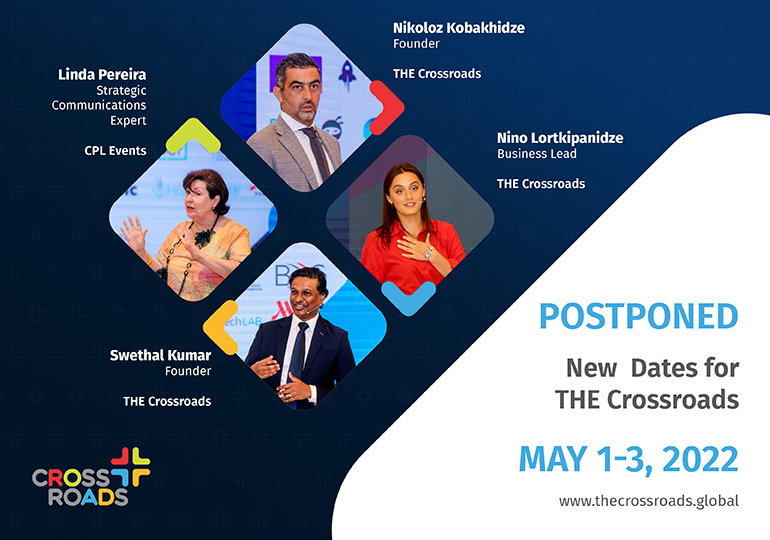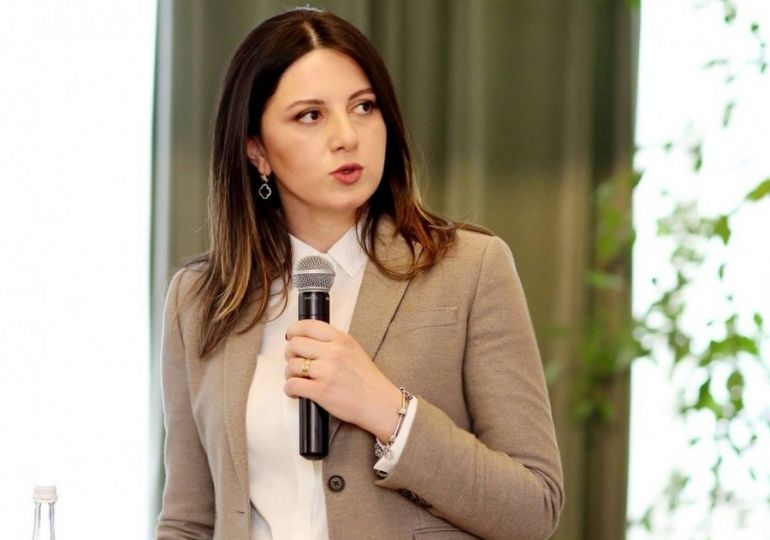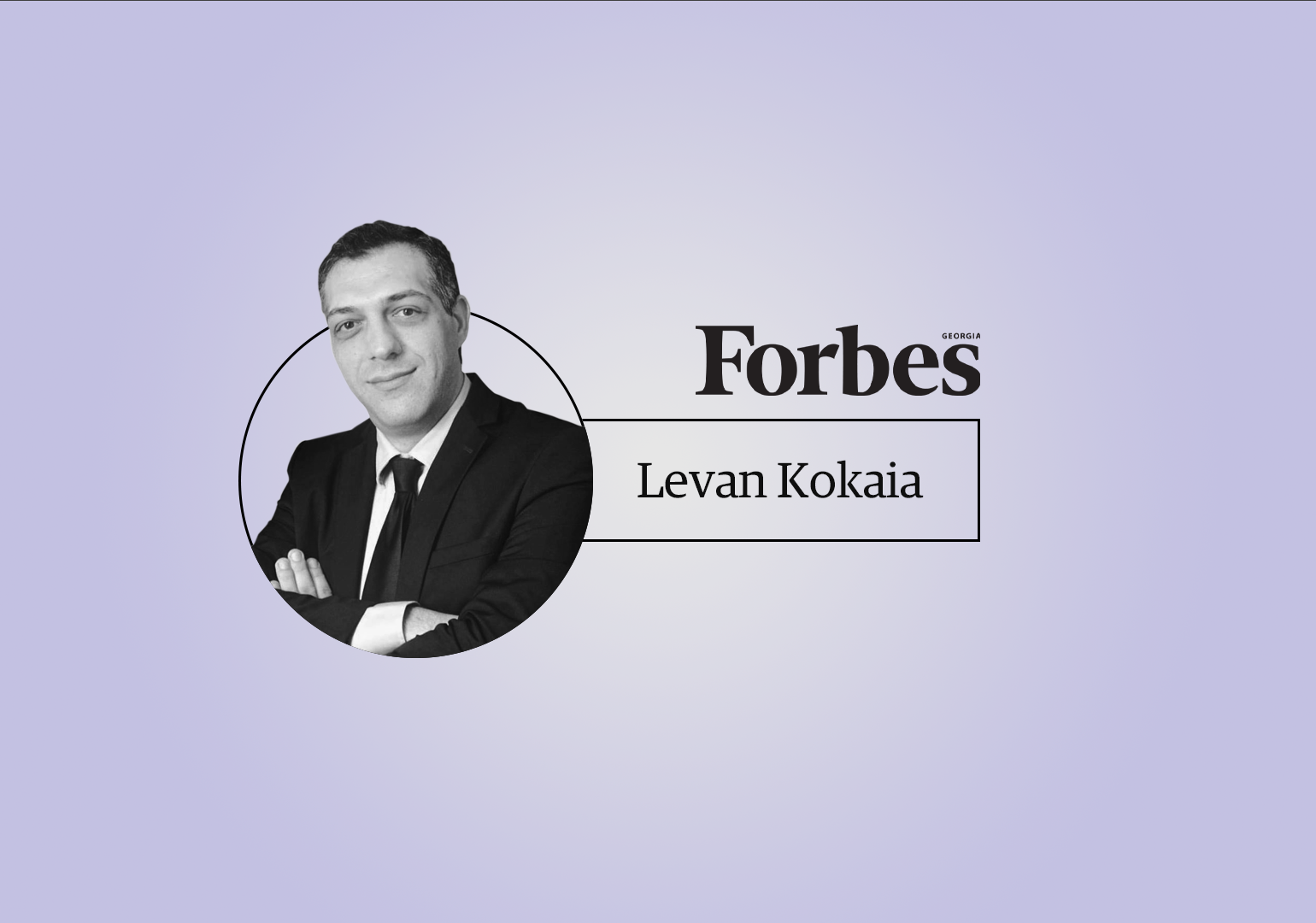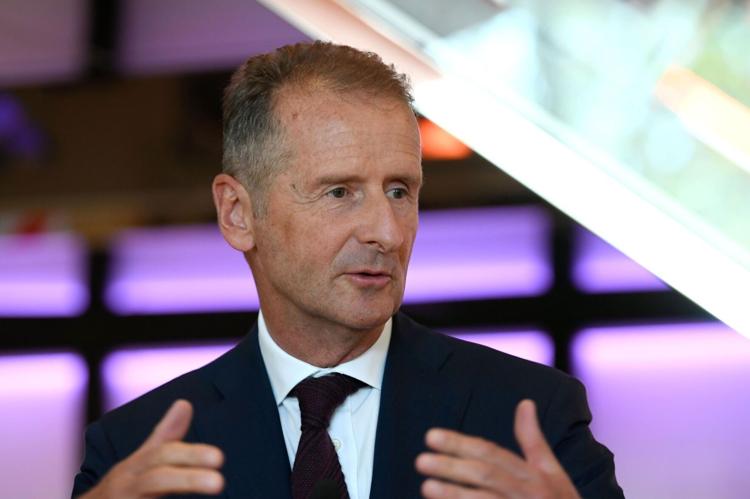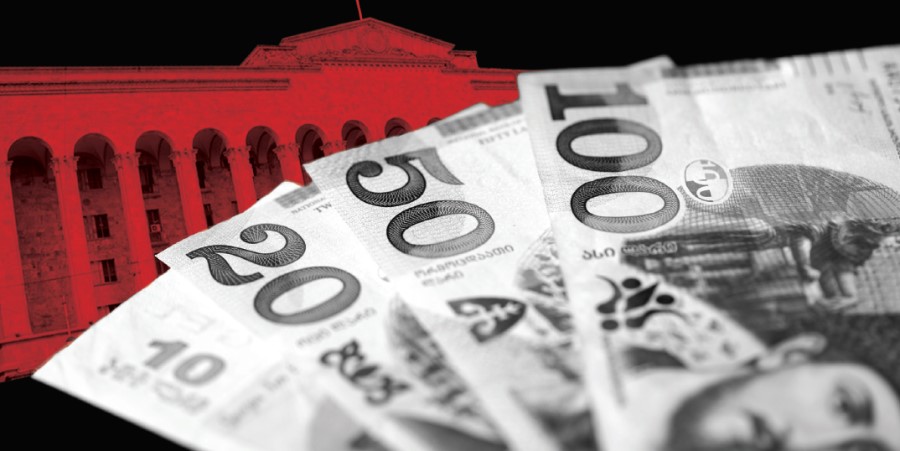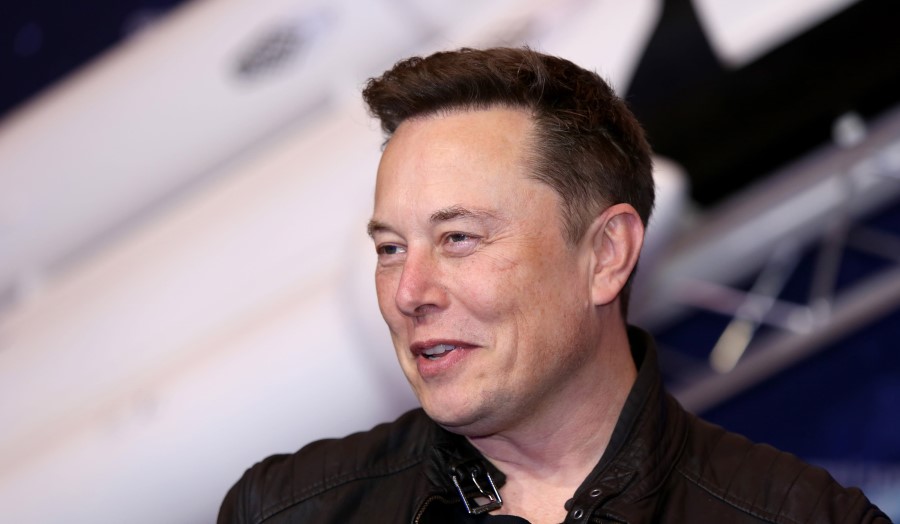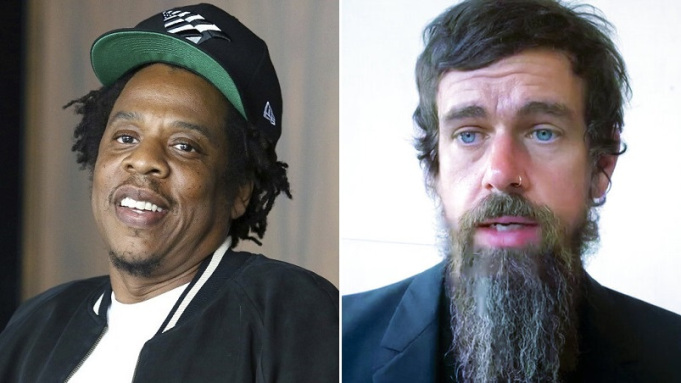The visit of the Executie Chairman of the Dubai Multi Commodities Centre (DMCC) to Georgia was down to a few reasons, all of them equally surprising and promising.
The DMCC is Dubai’s extremely successful free economic zone managed by Ahmed Bin Sulayem. The high profile status of this representative from a strong and wealthy family is not a surprise, especially given he is an investor from the UAE; a country that we are becoming very familiar with here in Georgia. It is true that the success of the DMCC, a role model for a successful and properly managed free economic zone, is recognized by all the world’s leading rating and publishing companies. In our conversation, Ahmed Bin Sulayem expressed hope that the DMCC would receive the title of ‘The Best Free Economic Zone’ for the fifth time this year. At present, the DMCC unites 16,000 businesses under its umbrella organization; its contribution to the economy of Dubai is outstanding and exceeds 6%. This specific model and the DMCC have their own unique history, maybe only as far back as Dubai’s history of existence, but it still is both truly impressive and successful.
Interview with the Ahmed Bin Sulayem – Executive Chairman and CEO of the DMCC
Giorgi: It has already been 18 years that you’ve been a part of the DMCC, and you have personally taken part in various initiations and reforms happening in this organization. Tell us more about the DMCC itself.
Ahmed: This idea was established by the government of Dubai and the focus was to attract commodity trade to Dubai and create a free zone to support that. Our focus was on gold, precious metals, diamonds, colored stones and agricultural commodities. Most probably we are not really known for our activities in the energy sector, but the DMCC is the largest free zone that represents the oil and gas sector, as well as many other energy products. It was not easy to start! We started very small, and we were under great threat of disappearance during the global recession in 2008. The DMCC covered about 1,300 companies at that time, today we have over 16,000 businesses, so it’s fair to say that it’s one of the best free zones globally. Furthermore, the DMCC has been ranked the top free zone worldwide four times in a row by FDI magazine and we’re hoping we will achieve that for a fifth time this year.
Giorgi: Let’s move onto the purpose of your visit. It’s your first time and first contact with Georgia as an Executive Chairman and CEO of the DMCC, am I right?
Ahmed: Yes, it’s my first time here and I am in the process of observing things. You know, we have managed to connect with very challenging regions around the world. There are certain countries that we work with, for example in Africa. We have represented businesses also in Dubai, whether it be diamond tenders or processing tea that comes from Africa through our tea centers. When I think of Georgia, I realize that there is a strong connection between this country and the UAE. It’s only a 2 hour and 30 minute flight away and I can’t ignore that fact. Additionally, I can’t ignore that we could have similar relationship with Georgia as we do with India. It is not going to be identical of course. For example, hydropower is one of your key energy sources here. In the United Arab Emirates, we are actively investing in alternative energy, especially in solar energy, because we are preparing for the end of the oil era. Personally, I couldn’t miss this opportunity. I wasn’t able to do too much research on Georgia beforehand, I thought it better to come to the source and see for myself. This is what I am doing here today.
Giorgi: During your visit are you going to meet with government officials and private companies?
Ahmed: Well, whoever I can I’ll meet with on this short trip. I do plan to visit Georgia again with my team. I am just a curious person, and to be honest, I really like what I am seeing here. I can see there are signs of Georgia aiming to become a competitive region, and Tbilisi, a competitive city. It is fair to say that the country wants to play on a global scale; the DMCC, Dubai and the UAE all want to be a part of that story.
Giorgi: You’ve already mentioned that you’ll come here with your team. Does this mean that you’re already planning your next visit to Georgia?
Ahmed: What can I say… I am engaging with my team, sending them feedback. You know when we started the DMCC one of the main challenges was around which commodity to start with; should it be gold, should it be diamond, should it be this or that. Eventually we built our business on gold; as you know, Dubai is known as the “gold city”. So, we capitalized on that, attracted some gold refiners; today we have a gold and commodities exchange. When it comes to Georgia, of course, we could have visited ten years ago and maybe we should have, but you know it’s difficult. For me there are certain worrying headlines about Georgia; politics and such things. I want to look at business from an economic point of view and see where we can work together. That’s my real purpose.
Giorgi: Could you be more specific about free economic zones? Unfortunately, this system didn’t work here in my country. I am not sure if you are aware of the details, but it’s a fact that we have a few economic zones, having said this most of them receive complaints. What we can see is that the model is not working properly here.
Ahmed: Just like in football, not every football team is going to win and perform well. It depends on people; it depends on what your product is. We have more than one free zone in Dubai, not all of them are meeting their targets. The DMCC is really performing well, we refuse to give up and we focus on our core activity; it depends how it is managed to be honest. For us we always benchmark ourselves, not against other free zones in Dubai and in the Gulf, but against Singapore or Hong-Kong and we make sure we’re up to speed or better. Otherwise you can’t compete, I mean the world is becoming really small, people know what services are available in other places, so if the free zones here are not offering good facilities, speed and service to their members, the same way that it’s happening in Dubai or anywhere else in the world, then you are going to get complaints.
Giorgi: Free economic zones might be an interest of yours in this country, besides that maybe meetings about energy, hydropower energy and other infrastructural projects?
Ahmed: Look, for now…
Giorgi: Or it still depends on your survey?
Ahmed: No, no. I am not here to create a free zone in Georgia; if that’s a direction where we can help and assist to create a good free zone by showing what worked with us, then by all means.
Giorgi: Shouldn’t the DMCC’s experience, combined with the fact that it is globally known as one of the best free zones worldwide, be shared for the better development of this industry in Georgia?
Ahmed: I mean we also have experience (at least myself and some of my colleagues) with being part of gold and commodities trading since 2005, it has been 14 years now. We run tea centers, as well as coffee centers; both have blending packaging, storage facilities, business centers and we have established them in a custom bondage free zone. So, it’s aboutmore than just providing a free zone; one must talk about the tax-free licenses and many other things. When we talk about the DMCC, we talk about a market represented by 16,000 businesses. Our target by 2020 is to reach over 20,000 businesses.
Giorgi: You mentioned gold, diamonds and pearls. You have been running all these directions and at the same time creating specific institutions; like the international exchange, separate trading zones etc. Could you focus on one of these directions here?
Ahmed: Look, we don’t take it for granted that we came up with the idea. It might not work here, but we must try. You have to understand that Dubai is a new city, it’s very young. Forty years ago, none of what you see was there. The community changed, Dubai is becoming more and more global as time goes on. I feel Georgia is also going that way. The country wants to play on the international stage.
Giorgi: Why not to be here and why not to be a part of it, right?
Ahmed: We will find synergies. I am very sure about that. I don’t really doubt it. I mean if we focus on commodities, things that are linked to shipping and logistics. I know there will be something happening and more than one thing. What we need to find is which synergies we can discover and how to prioritize each of them.
Giorgi: Thank you so much for your time!
